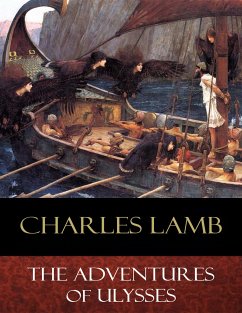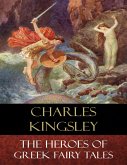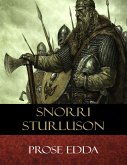The agents in this tale, besides men and women, are giants, enchanters, sirens: things which denote external force or internal temptations, the twofold danger which a wise fortitude must expect to encounter in its course through this world. The fictions contained in it will be found to comprehend some of the most admired inventions of Grecian mythology. The ground-work of the story is as old as the Odyssey, but the moral and the colouring are comparatively modern.
Charles Lamb wrote this small book in 1808 to tell the tale of Homer's Odyssey to children. It is a wonderfully well-written and accurate account of the story of Ulysses, and modern readers will be surprised at the sentence structure that the early nineteenth century felt was suitable for children. Today it is a good introduction to the verse version for adults as well as children. The year before Lamb wrote this book, he and his sister Mary wrote Tales from Shakespeare in 1807.
By avoiding the prolixity which marks the speeches and the descriptions in Homer, I have gained a rapidity to the narration, which I hope will make it more attractive, and give it more the air of a romance to young readers; though I am sensible that by the curtailment I have sacrificed in many places the manners to the passion, the subordinate characteristics to the essential interest of the story.
The attempt is not to be considered as seeking a comparison with any of the direct translations of the Odyssey, either in prose or verse, though if I were to state the obligations which I have had to one obsolete version. I should have run the hazard of depriving myself of the very slender degree of reputation which I could hope to acquire from a trifle like the present undertaking.
Charles Lamb wrote this small book in 1808 to tell the tale of Homer's Odyssey to children. It is a wonderfully well-written and accurate account of the story of Ulysses, and modern readers will be surprised at the sentence structure that the early nineteenth century felt was suitable for children. Today it is a good introduction to the verse version for adults as well as children. The year before Lamb wrote this book, he and his sister Mary wrote Tales from Shakespeare in 1807.
By avoiding the prolixity which marks the speeches and the descriptions in Homer, I have gained a rapidity to the narration, which I hope will make it more attractive, and give it more the air of a romance to young readers; though I am sensible that by the curtailment I have sacrificed in many places the manners to the passion, the subordinate characteristics to the essential interest of the story.
The attempt is not to be considered as seeking a comparison with any of the direct translations of the Odyssey, either in prose or verse, though if I were to state the obligations which I have had to one obsolete version. I should have run the hazard of depriving myself of the very slender degree of reputation which I could hope to acquire from a trifle like the present undertaking.









